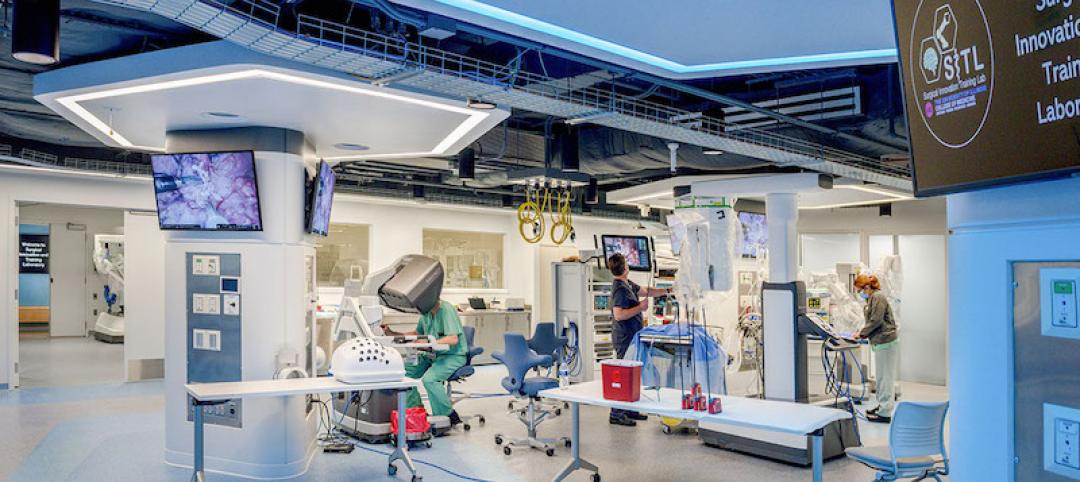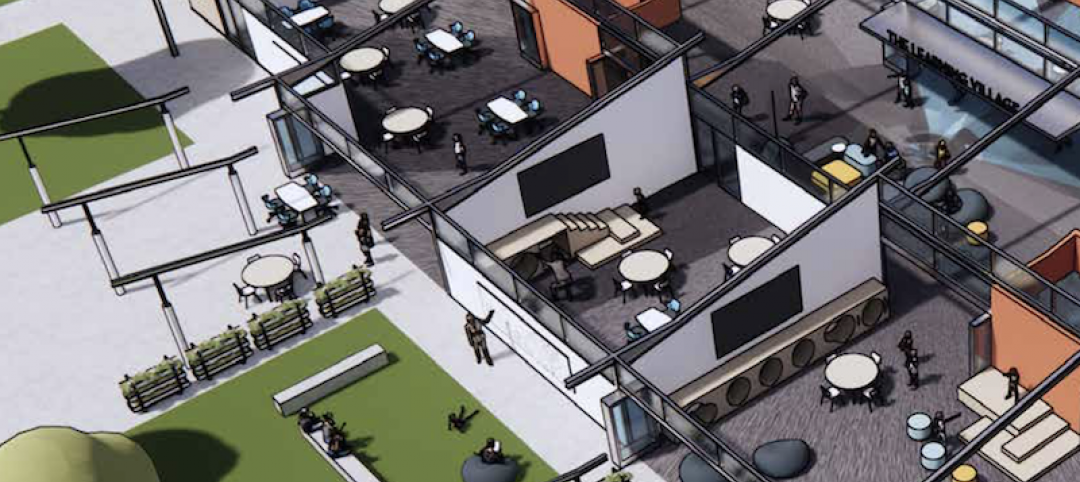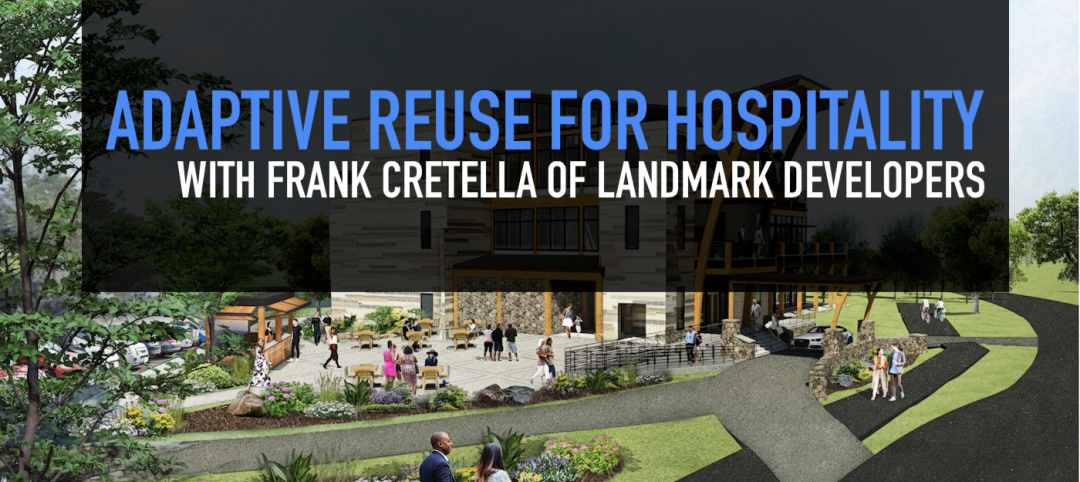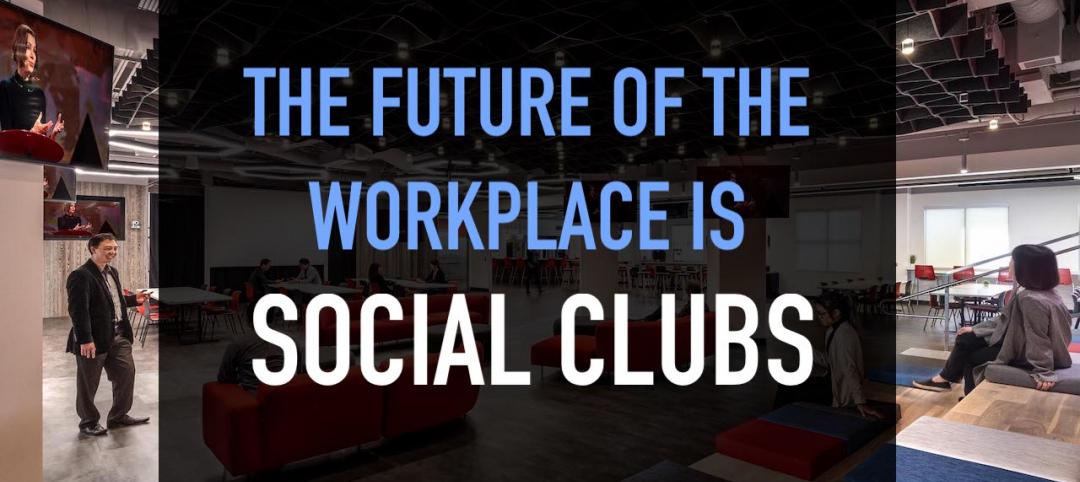The design nonprofit group Architecture for Humanity surprised everyone when it abruptly declared bankruptcy and closed shop in January 2015. Since that time, local chapters around the world have banded together in an effort to create a new identity and a new structure for the organization. In January 2016, they were briefly known as the Chapter Network before the newest rebranding effort was announced in early march.
The organization is now known as the Open Architecture Collaborative and is looking to retool its approach to “reach more people than we ever imagined with the level of locally focused engagement that humanitarian design ultimately demands,” Garrett Jacobs, the new Executive Director of the organization said in a statement.
As Curbed.com reports, the 30-chapter organization is based on ground-up governance and is looking to deliver “design advocacy, facilitation, assessment, and small build services to local grassroots chapters’ marginalized communities,” according to the group’s website. Additionally, OAC wants to help younger design professionals gain field experience.
While this rebranded organization is still in its infancy, it has many big ideas for the future.
“Cities are rapidly transforming and this organization provides local designers and experts to work with the communities that feel those pains the most,” Jacobs said in a video posted to the group’s YouTube channel.
A guiding principle for the OAC is that they believe if people design and build their own environments, they will be more likely to keep them safe, invest in them, and sustain them long term.
The organization will complete its board of directors shortly as the final few seats will be voted on and filled.
Related Stories
Resiliency | Jun 24, 2021
Oceanographer John Englander talks resiliency and buildings [new on HorizonTV]
New on HorizonTV, oceanographer John Englander discusses his latest book, which warns that, regardless of resilience efforts, sea levels will rise by meters in the coming decades. Adaptation, he says, is the key to future building design and construction.
Multifamily Housing | Jun 23, 2021
COVID-19’s impact on multifamily amenities
Multifamily project teams had to scramble to accommodate the overwhelming demand for work-from-home spaces for adults and study spaces for children.
Architects | Jun 22, 2021
6 ways design can supercharge innovation in health sciences and medical education
It might sound radical, but the best way to achieve better collaboration is by eliminating traditional operational silos and the resulting departments.
K-12 Schools | Jun 20, 2021
Los Angeles County issues design guidelines for extending PreK-12 learning to the outdoors
The report covers everything from funding and site prep recommendations to whether large rocks can be used as seating.
Hotel Facilities | Jun 18, 2021
Adaptive reuse for hospitality, with Frank Cretella of Landmark Developers
In an exclusive interview for HorizonTV, Landmark Developers' President Frank Cretella talks about the firm's adaptive reuse projects for the hospitality sector. Cretella outlines his company's keys to success in hospitality development, including finding unique properties and creating memorable spaces.
Architects | Jun 16, 2021
BSB Design acquires California architectural firm Withee Malcolm
The acquisition marks a pivotal step in BSB Design’s long-term strategic plan.
Architects | Jun 15, 2021
Sandy Hook Permanent Memorial set to break ground
SWA Group designed the project.
Architects | Jun 15, 2021
Chicago Architecture Center and Chicago Architectural Club announce competition calling for new visions for State of Illinois “Thompson Center”
Competition seeks to give State of Illinois Center new life while preserving its architecture and public character.
Wood | Jun 10, 2021
Three AEC firms launch a mass timber product for quicker school construction
TimberQuest brand seeks to avoid overinvestment in production that has plagued other CLT providers.
Office Buildings | Jun 10, 2021
The future of the workplace is social clubs
Office design experts from NELSON Worldwide propose a new concept for the workplace, one that resembles the social clubs of the past.



![Oceanographer John Englander talks resiliency and buildings [new on HorizonTV] Oceanographer John Englander talks resiliency and buildings [new on HorizonTV]](/sites/default/files/styles/list_big/public/Oceanographer%20John%20Englander%20Talks%20Resiliency%20and%20Buildings%20YT%20new_0.jpg?itok=enJ1TWJ8)













